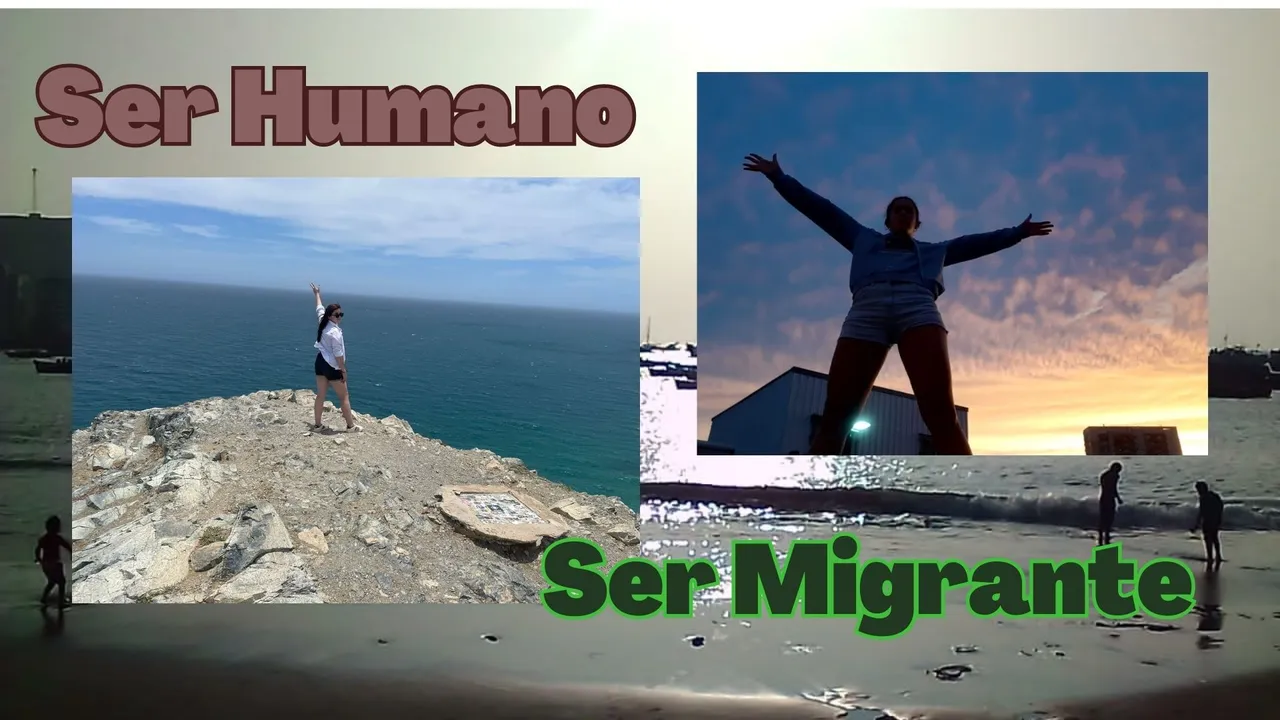
La comunidad Humanitas nos invita a conversar sobre un tema que sé que toca la sensibilidad de muchas personas de Hive: Migración. Como venezolana he tenido experiencias muy cercanas y cada día este tema lo vivo en mi familia y en personas conocidas y no conocidas que han tomado y continuan tomando la decisión de salir del país en búsqueda de mejores condiciones de vida. Es un río que no se ha detenido.

Perspectiva personal sobre la migración:
La búsqueda de mejores condiciones de vida es un instinto natural que se encuentra en muchas especies animales y nosotros los humanos tambien sentimos esa necesidad cuando hay limitaciones en el ambiente donde vivimos, cuando la vida peligra o se hace difícil conseguir lo básico para sobrevivir.
Desde hace miles de años el hombre ha colonizado muchos lugares en el planeta incluso con condiciones que pudieran ser inhóspitas o extremas pero hasta allí ha llegado en sus migraciones. ¿Que lo motivó a llegar a regiones tan alejadas como Alaska por ejemplo donde el clima es un desafío muy grande para la vida?
Los desplazamientos de la antigüedad fueron muchos pero continúan en la actualidad por otras razones.
El término migración hace referencia al movimiento de poblaciones.
La Organización Internacional para las Migraciones OIM, define a un migrante como cualquier persona que se desplaza, o se ha desplazado, a través de una frontera internacional o dentro de un país, fuera de su lugar habitual de residencia, independientemente de: 1) su situación jurídica; 2) el carácter voluntario o involuntario del desplazamiento; 3) las causas del desplazamiento; o 4) la duración de su estancia.
Si tomamos en cuenta esta definición la persona puede migrar no sólo en búsqueda de mejores condiciones de vida sino también en búsqueda de un cambio, porque siente el deseo de conocer otras regiones y culturas, de tener experiencias nuevas y aprender.
¿Es el espíritu aventurero del humano lo que lo motiva a buscar otros horizontes?
Bajo ciertas condiciones yo diría que si, algunas personas migran a lugares por los cuales se sienten atraídos.
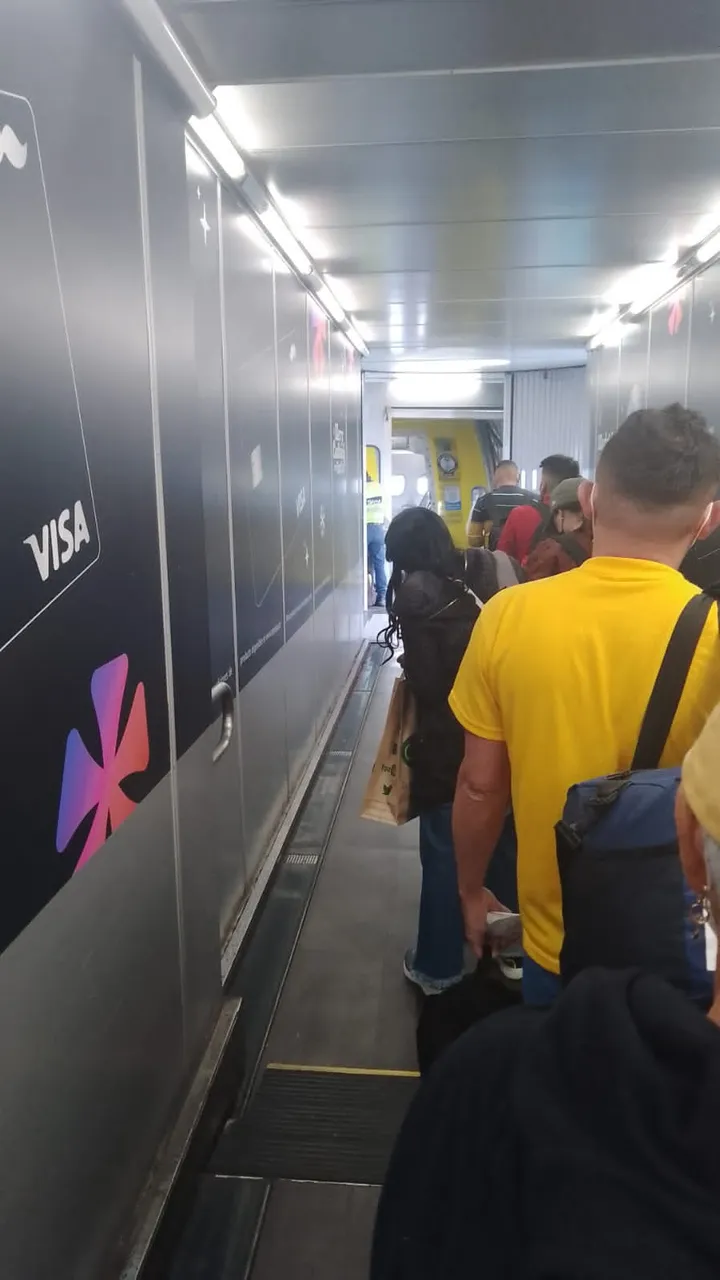
Sin embargo, la experiencia que he tenido sobre la migración ha sido otra y ha impactado en mi vida y la de muchas personas con las cuales convivo en mi país, Venezuela. He podido sentir como gran parte de la población y sobre todo los jóvenes, han tomado la decisión de salir del país y llegar a otros destinos muchas veces sin una planificación o evaluación de las condiciones sociales, culturales y económicas del país a donde se dirigen.

Motivos de aceptación o rechazo de la migración:
En algunos casos el proceso de adaptación luego de llegar a otro país es favorable pero en otros casos está lleno de incertidumbre, soledad, frustración y abandono. Es muy triste cuando esto sucede.
Analizando los factores que influyen en este proceso, creo que son muchos, voy a mencionar los que creo que son muy determinantes
Cómo y cuando se toma la decisión de migrar.
Puede ocurrir que sea un escape de la realidad que se vive en el país de origen. En este caso a veces es apresurada y no se analiza bien a donde llegar y que hacer. En ese momento sólo se piensa "Quiero irme" "No quiero vivir más en mi país". "Quiero escapar de esta situacione" o en otros casos "Quiero irme para ayudar a mi familia". Esta son las razones que he podido observar.
Siguiendo a la familia o amigos que se han ido.
A veces es una decisión familiar. "Vendemos todo y nos vamos". ó "Mis amigos llegaron a un lugar determinado y yo también voy para allá". Es una manera de no sentirse solo y desamparado. Es mejor andar en grupo. Se apoyan unos a otros. De esta forma se trata de no sentir soledad y nostalgia por lo que se deja atrás.
Porque quiero trabajar o estudiar en otro país.
En este caso ya hay un plan de vida mas definido. Se tiene una intención más clara de lo que se quiere lograr.
El lugar o país a donde se migra.Esto es un factor muy importante
La experiencia no es igual en todas partes. La xenofobia, definida como
"Sentimiento de odio, repugnancia y hostilidad hacia lo extranjero", puede estar más acentuada en unos países o culturas que en otros. Ven al emigrante como un intruso que va a generar problemas, Como un competidor por trabajo o espacio y recursos. No hay una cultura de aceptación, de sensibilidad y las leyes son muy rígidas y no facilitan que la persona se integre a la sociedad.
Por supuesto también ocurren migraciones que no respetan las restricciones y hay una condición de ilegalidad. Esto es muy inseguro para las personas y afecta su integración.

Las características de la persona que emigra.
Es la fortaleza y capacidad que lo hace superar los obstáculos y buscar alternativas que lo ayuden a adaptarse al lugar donde llega. Esa persona que independientemente de su edad, estudios o recursos económicos logra por méritos propios mejorar su calidad de vida y ayudar a otros.

Visión de una gestión ideal de la migración:
Cuando leo y veo noticias sobre personas que han migrado y han sufrido perdidas de familiares, atropellos y humillaciones, condiciones de vida inhumanas por querer salir de una situación limitante, eso me genera mucha angustia.
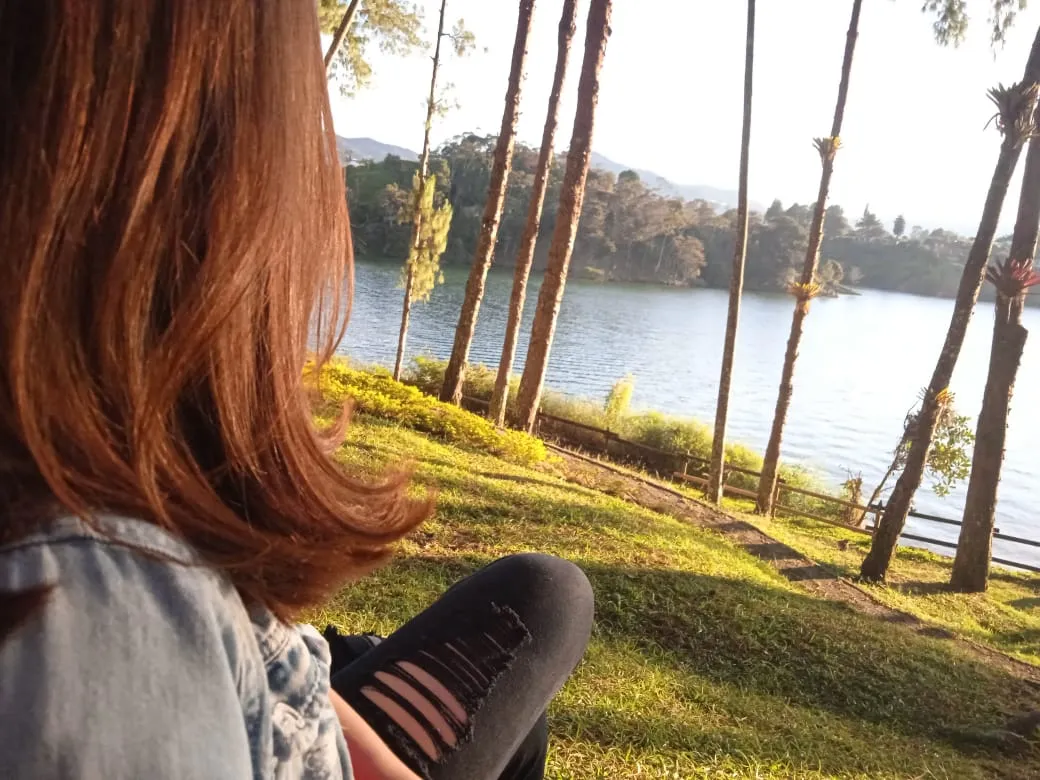
Tengo hijos, sobrinos y amigos que han migrado. Familias enteras que se han ido y lo que es más lamentable aun, familias separadas por distancias enormes, padres y abuelos en soledad.
Que no haya sensibilidad social para ayudarlos a sobrellevar esta situación que pudiera ser temporal, genera un conflicto social, los que se van y los que se quedan. Esas Familias, esos jóvenes en algún momento pueden regresar a su país de origen, esa experiencia es muy importante para su reintegración.
Algunos países han establecido acuerdos y leyes de apoyo al migrante. Y creo que esta situación hay que verla no solamente como si fuera un grave problema para el país que los recibe, sino como una oportunidad de intercambio cultural y social, de aprovechar las destrezas de las personas en diversas áreas y no sólo a nivel profesional.
Creo que eso es una gran riqueza para un país y hay muchos buenos ejemplos de lo que la migración aportó a muchas sociedades.
Creo en la búsqueda de sensibilizar a las personas a través de la educación y la información. Es muy importante que independientemente del origen de cada uno de las personas, esta esa empatía por el que necesita apoyo. Esto puede facilitarse si las leyes y acuerdos entre países lo coordinan.
Mi hijos que emigraron solos a diferentes países de latinoamerica siendo muy jóvenes, encontraron en su camino personas solidarias que los apoyaron en momentos críticos. Se de otros casos donde la solidaridad se ha manifestado. No sabemos en qué momento podemos necesitar ese apoyo. El mundo en que vivimos esta en constante cambio. Yo deseo para mi país que tenga las condiciones necesarias para que su gente regrese si así lo desea y también para todo aquel que necesite un lugar donde vivir en paz y tranquilidad. Es a través de la solidaridad y la sensibilidad humana que esto se puede lograr.
Según la Acnur Agencia de la ONU para los refugiados más de 7 millones de personas han migrado de Venezuela dejando sus hogares y parte de su familia.

Muchas gracias por leer e invito a @maxjulisgf y @katleya a participar. Acá el enlace
ENGLISH
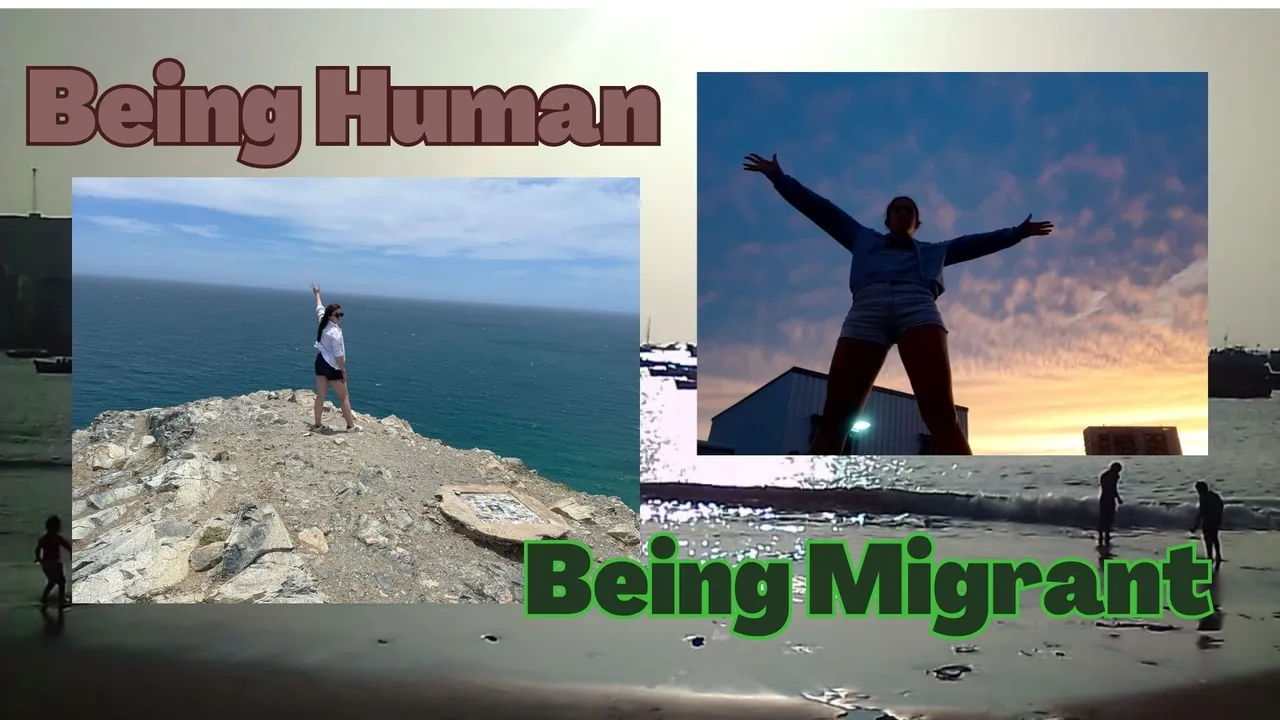
The Humanitas community invites us to talk about a topic that I know touches the sensibility of many people in Hive: Migration. As a Venezuelan I have had very close experiences and every day I live this issue in my family and in known and unknown people who have taken and continue to take the decision to leave the country in search of better living conditions. It is a river that has not stopped.


Personal perspective on migration:
The search for better living conditions is a natural instinct found in many animal species and we humans also feel that need when there are limitations in the environment where we live, when life is in danger or it becomes difficult to get the basics to survive.
For thousands of years man has colonized many places on the planet even with conditions that could be inhospitable or extreme but that's as far as he has come in his migrations. What motivated him to reach regions as far away as Alaska for example where the climate is a very big challenge for life?
There were many displacements in ancient times but they continue today for other reasons.
The term migration refers to the movement of populations.
The International Organization for Migration [IOM] (https://www.un.org/es/global-issues/migration), defines a migrant as any person who moves, or has moved, across an international border or within a country, away from their usual place of residence, regardless of: 1) their legal status; 2) the voluntary or involuntary nature of the movement; 3) the causes of the movement; or 4) the duration of their stay.
If we take into account this definition, a person can migrate not only in search of better living conditions but also in search of a change, because he/she feels the desire to get to know other regions and cultures, to have new experiences and to learn.
Is it the adventurous spirit of human beings that motivates them to seek other horizons?
Under certain conditions I would say yes, some people migrate to places they feel attracted to.
However, the experience I have had about migration has been different and has impacted my life and that of many people with whom I live in my country, Venezuela. I have been able to feel how a large part of the population, especially young people, have made the decision to leave the country and go to other destinations, many times without planning or evaluating the social, cultural and economic conditions of the country where they are going.

Following family or friends who have left.
Sometimes it's a family decision. "We sell everything and leave." Or "My friends got to a certain place and I'm going there too". It is a way of not feeling alone and helpless. It's better to walk in a group. You support each other. This is a way of not feeling lonely and homesick for what is left behind.
Because I want to work or study in another country.
In this case there is already a more defined life plan. You have a clearer intention of what you want to achieve.
The place or country where you are migrating to.
The experience is not the same everywhere. Xenophobia, defined as as
A feeling of hatred, disgust, and hostility toward the foreign, may be more pronounced in some countries or cultures than in others. They see the migrant as an intruder who will generate problems. As a competitor for work or space and resources. There is no culture of acceptance, of sensitivity and the laws are very rigid and do not make it easy for the person to integrate into society.
Of course there are also migrations that do not respect the restrictions and there is a condition of illegality. This is very unsafe for people and affects their integration.
The characteristics of the person who migrates.
It is the strength and capacity that makes him/her overcome obstacles and look for alternatives that help him/her adapt to the place where he/she arrives. That person who, regardless of age, studies or economic resources, manages to improve his or her quality of life and help others through his or her own merits.

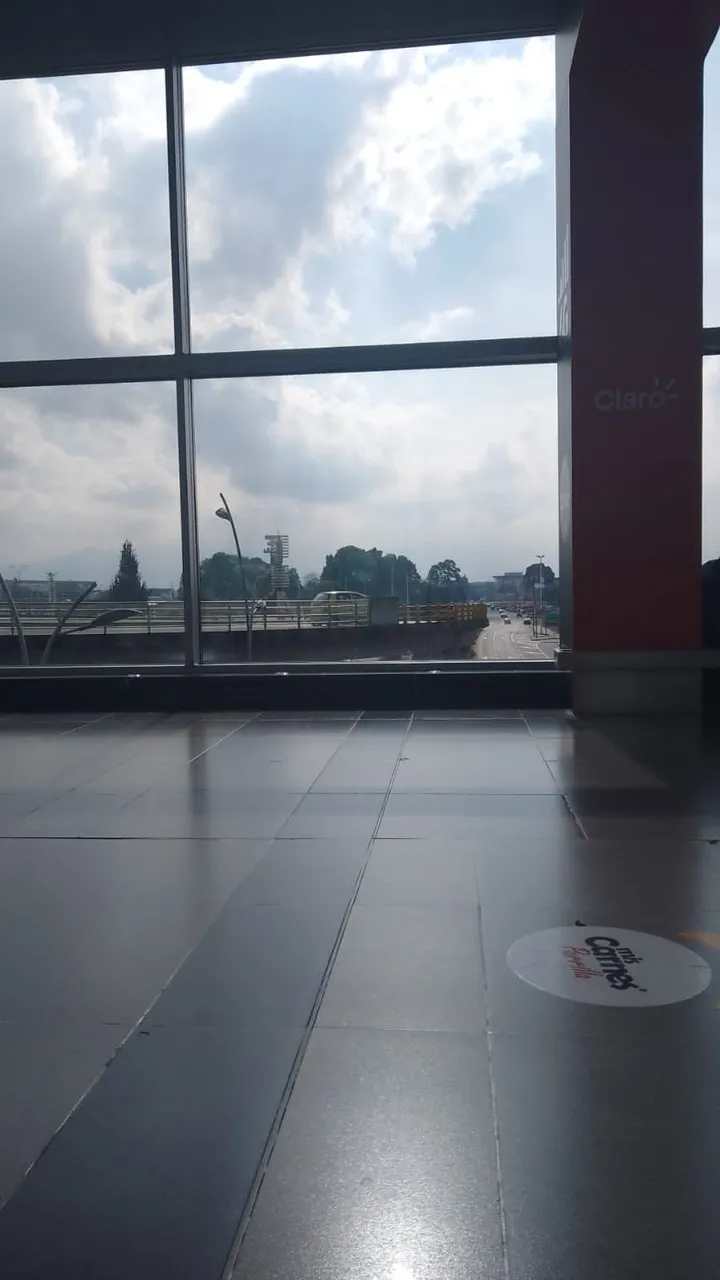
Vision of ideal migration management:
When I read and see news about people who have migrated and have suffered the loss of family members, abuses and humiliation, inhuman living conditions for wanting to get out of a limiting situation, that makes me very sad. I have children who have migrated. nephews and friends. Entire families that have left and, what is even sadder, families separated by enormous distances, parents and grandparents in solitude and that there is no social sensitivity to help them cope with this situation that could be temporary. Those Families, those young people may return at some point. to their country of origin.
Some countries have established agreements and laws to support migrants. And I think that this situation must be seen not only as a serious problem for the country that receives them, because it is also an opportunity for cultural and social exchange, to take advantage of people's skills in various areas and not only at a professional level. I think that this is a great wealth for a country and there are many good examples of what migration has contributed to many societies.
I believe in seeking to sensitize people through education and information. It is very important that regardless of the origin of each one, there is that empathy for the person who needs support.
My children who immigrated to different countries of Latin America on their own when they were very young found caring people on their way who supported them at critical moments. I know of other cases where solidarity has manifested itself. We do not know when we may need that support. The world we live in is constantly changing.
I wish for my country that it has the necessary conditions for its people to return if they wish, and also for anyone who needs a place to live in peace and tranquility.
According to UNHCR UN Refugee Agency more than 7 million people have migrated from Venezuela leaving their homes and part of their family.

Thank you very much for reading and I invite @maxjulisgf and @katleya to participate. Here link

La imagen de la presentación la edite en Canva con fotografías propias.
Todas las fotografías son
propias
La traducción al inglés la realicé en www.deepl.com
